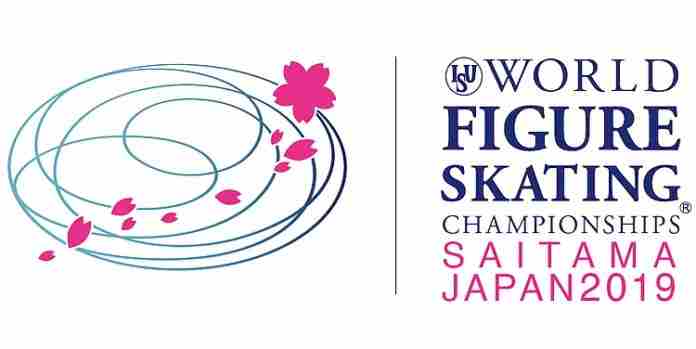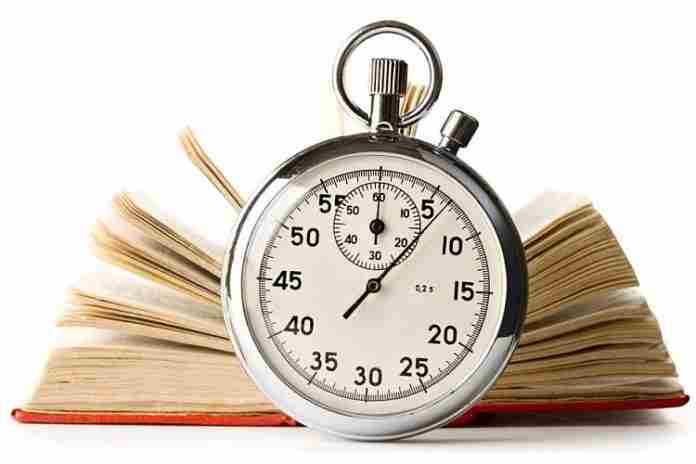Yuzuru Hanyu reacts after his free skate at the 2018 Olympics, when he won a second straight Olympic gold. (Getty Images.)
There are two ways to do figure skating predictions.
One is based on the unlikely event that the top six or so skaters or couples in every discipline skate cleanly (wouldn’t that be wonderful to see.) Predictions then are relatively simple, since one can rely on measures of past clean programs and of pure ability.
The second method factors in recent performances, injuries, the way judges have perceived an athlete or team, how the athletes have done under pressure in big events and other intangibles. These are much more valid but also trickier, given what might happen when you combine all that information with a slippery surface, knife-blade-wide skate edges and limit-pushing, extreme sports skills.
Take my 2018 Olympic predictions for icenetwork, which relied on using the variables cited in the second method.
I got just two of the five gold medalists right – Yuzuru Hanyu of Japan in men’s singles and Tessa Virtue-Scott Moir of Canada in ice dance. I had the eventual silver medalists as winners in team, women’s singles and pairs, and my predicted silver medalists won gold in all three of those disciplines.
I managed to get all three medalists, if not the right order, in pairs and the team event.
Overall, I picked 12 of the 15 medalists. My biggest miss was predicting a Russian (or, to be exact, “Olympic Athlete from Russia”) sweep in women’s singles. They got 1-2 with Alina Zagitova and Evgenia Medvedeva, but the third Russian, then reigning Grand Prix Final silver medalist Maria Sotskova, began what has been an increasingly precipitous decline by finishing a distant eighth at the Games.
I also missed by picking Nathan Chen for singles bronze (he was 17th after an awful short program but won the free to finish fifth) and Madison Hubbell – Zach Donohue for bronze in ice dance, which they were on track to win before two big errors in the free dance.
And why am I bringing all this up?
As preamble to my predictions for next week’s World Championships, with competition beginning Wednesday in Saitama, Japan.
And here they are:
MEN’S SINGLES
Gold – Yuzuru Hanyu, Japan*
Silver – Nathan Chen, USA
Bronze – Shoma Uno, Japan
The asterisk (*) after Hanyu is there for the same reason I used one a year ago: uncertainty. If he is healthy, he wins a third world title.
Hanyu missed competitions and a lot of training time after an ankle injury last season and returned from the sidelines to win the Olympics. Vincent Zhou of the U.S., sixth at the 2018 Winter Games, said he wouldn’t be surprised to see Hanyu rebound that way after a similar impact from an injury this season. “He’s on a different level from the rest of us,” Zhou said of the Japanese superstar. “The way he made such a quick recovery to win the Olympic title, I don’t think anybody else could have done that. He makes everything look easy.”
Added to the surpassing quality of Hanyu’s skating is a fierce competitive will that is the X factor making it hard to bet against him.
Prior to this season’s injury, Hanyu had three so-so (by his standards) free skates, even if the second (with two under-rotated quads) earned the highest score in the world for 2018-19 and included a wowza quad toe – triple axel sequence. Hanyu had also been up and down prior to his injury last season
Chen, who won the 2018 world gold in Hanyu’s absence, comes into the season’s biggest event undefeated for the second year in a row. His performances have improved all season, and Chen was lights out in winning a third straight U.S. title.
Should Chen repeat his performance level of nationals, Hanyu likely could not afford more than one significant mistake in the free skate. A clean Hanyu in both programs is impossible to beat, even if Chen decides to revive the six-quad free skates he did at Olympics and worlds (nine of the quads got positive grades; the others all got full rotational credit.)
The other U.S. men? Two clean skates could put Jason Brown in the top six, and Zhou could be close to a medal if the under-rotation police don’t arrest him again.

Rika Kihira and coach Mi Hamada after seeing her winning scores. (Getty Images)
WOMEN’S SINGLES
Gold – Rika Kihira, Japan
Silver – Alina Zagitova, Russia
Bronze – Kaori Sakamoto, Japan
This is the hardest event to predict, given reigning Olympic champion Zagitova’s recent struggles and the pressure Kihira may feel as the favorite on home ice in her senior worlds debut.
Let’s start with the bronze medal. I see five women in the running – Sakamoto, compatriot Satoko Miyahara, Russians Evgenia Medvedeva and Sofia Samodurova and Kazakh Elizabet Tursynbaeva. If two-time world champ Medvedeva somehow pulls off two clean programs, which she hasn’t done all season, she will win the bronze – and maybe more, depending on how Kihira and Zagitova perform. And if Tursynbaeva has a solid short and lands a quad salchow in the free, she could wind up with a medal.
Zagitova skated well enough in her first competition of the season, the Nebelhorn Challenger Series event, to win the world title. FWIW: her total score from Nebelhorn has remained the highest in the world this season – by more than five points.
But three of Zagitova’s last four free skates, including the last two, have been poor to dismal, with the three bad ones producing an aggregate three falls, four under-rotations, one downgrade and one triple that she doubled. (In the good free skate, she still singled a planned triple toe.) She also fell twice in the free at the pre-season Russian test skate, and she has not been skating with the champion’s confidence and newbie’s insouciance (remember that five-triple-jump combo in Olympic practice?) that carried her from junior world champion at age 14 to Olympic champion at 15.
Kihira has made major mistakes (falls and popped jumps) in every one of her events this season except the low-key Challenge Cup last month. She came closest to two clean programs at the Grand Prix Final, where she emphatically beat a solid Zagitova (no negative GOEs) to establish herself as the current top senior woman in the world.
Kihira, 16, has gained fame (and points) as a master of the triple axel, but her 18 (!!!) attempts this season have included three falls, two pops (singles), one downgrade and one double, for a decent success rate of 61 percent. She has come from behind after the short program to win four times, missing a winning rally only at the Japanese Championships, where she was second to Sakamoto. In three of the five SP losses, a failed triple axel was her undoing.
Kihira is trending up, despite a blip or two, while Zagitova has mainly been trending down since falling three times in the free skate at 2018 worlds. So it would not even be surprising to see the Russian miss the podium entirely.
And the U.S. women? Bradie Tennell, sixth at 2018 worlds, has been hammered by judges all this season for under rotations. Mariah Bell, a distant 12th at the last two worlds, struggles to put together two solid programs. A top six for either would be very good, but their chances look slim to gain back a third women’s singles spot for the U.S. with combined finishes adding up to 13 or less.


























